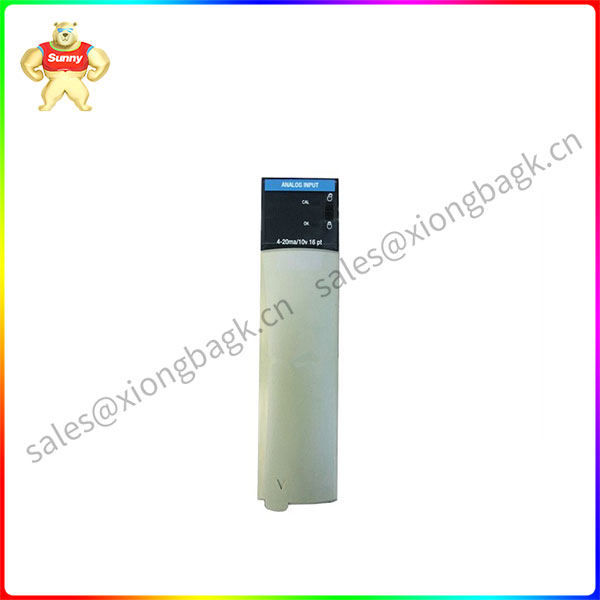HBR: The company has played a very important role in China’s industrial development for 30 years. From your point of view, what opportunities and challenges will China’s industrial Internet face today?
Chu Jian: Digital transformation is the trend of The Times, and the only thing to discuss is where digital transformation will go in the future, and there are some things we can’t imagine. Since the advent of generative artificial intelligence (such as ChatGPT), we have recognized that AI may present us with enormous challenges and, of course, enormous opportunities. For the industrial field, it is logically clear in most cases, from the principle to the product, whether it is a physical process or a chemical process, it is scientific. But there is still a lot of knowledge that is not sound and comprehensive, it is scattered in the minds of different experts, and most of the knowledge is in books, research reports and production practices. If we can do a good job of connecting data and knowledge, it is actually an AI-based idea that we may have to challenge in the future.
Today’s industrial Internet if only said to be “industry + Internet”, may be incomplete, I think we should achieve from “industry 3.0” to “industry 4.0” through digital transformation, digital transformation includes the interconnection of equipment, data, expertise, from the acquisition of data to better solve the problems in production on the basis of data. For manufacturing enterprises, digital transformation is not the purpose, intelligence is not the purpose, the ultimate purpose is to improve the competitiveness of enterprises, first of all, to make the profitability of enterprises become stronger, product innovation ability becomes stronger, energy consumption is reduced. In the process industry, safety production is the first, environmental 
HBR: You mentioned that the market transformation of digital intelligence is not only the improvement of management mode, but also the requirement of process industry transformation and upgrading. So what are the practices worth discussing in helping process industry transformation and upgrading?
Chu Jian: All enterprises are aware of the necessity of digital intelligence transformation, and obviously realize that their competitiveness is facing challenges: for example, talent recruitment is very difficult. Because most chemical companies are distributed outside the city, even in very remote places, some in the raw material production area. Due to the impact of transportation costs and environmental factors, they will encounter personnel training, equipment maintenance and other aspects of the problem, which is a challenge for them. As long as we stand in the user’s perspective to look at this matter, we may be able to find a way out. Zhongcon has the advantages of ZhongCon. For example, we have designed nearly 180 5S stores covering all 643 chemical parks in China (Sales, Service, Spare parts, Specialists consulting and Solutions) to reduce the service radius. Reduce response times and become more sensitive to customer pain points. In the face of more than 30,000 customers accumulated over the years, we have heard countless demands, are there any common problems? Is there a common solution? We can’t solve it one by one, but we can abstract out common problems and develop products and solutions with common characteristics. Now, we have mastered part of the technology of artificial intelligence, based on so much data, scenarios and the original knowledge and experience accumulation, how can we make it play a better role? The bottom line is to help enterprises improve competitiveness.
 中文版
中文版




